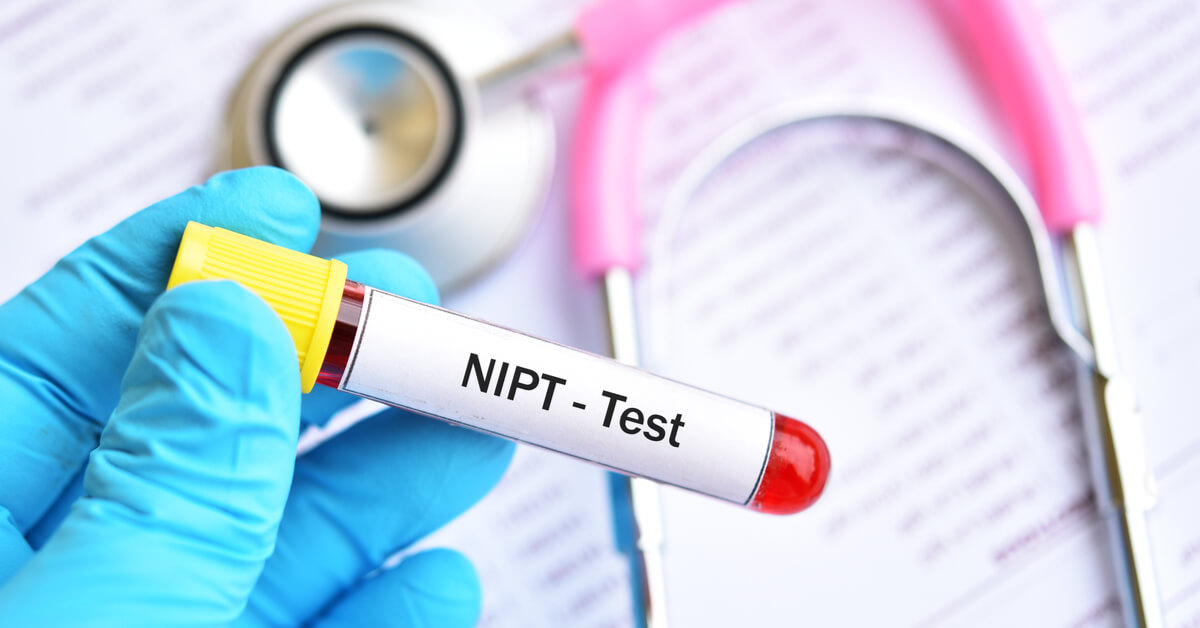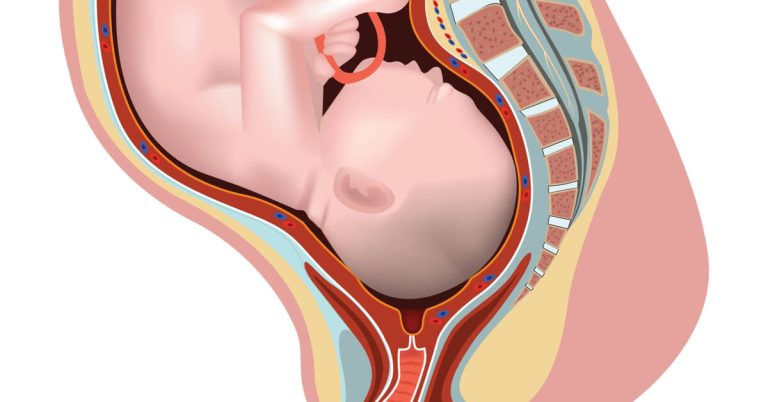Pregnants make regular visits to the doctor in order to follow the healthy development of their baby. There are some tests and examinations applied during these controls. In particular, the importance of tests for genetic disorders is much greater. As one of these applications, NIPT (Non-Invasive Prenatal Testing) gives reliable results for the detection of many anomalies in the early period.
What is NIPT? When and for what purpose is it applied? What are the advantages and disadvantages? Let’s examine together.
What Is NIPT and What Does It Do?
NIPT, which stands for “Non-Invasive Prenatal Testing”, is a screening that helps to detect the presence of some genetic diseases and anomalies in the fetus before birth.
NIPT is administered without any coercive intervention. Screening is done on a simple blood sample taken from the pregnant woman. Cells in the fetus pass into the blood of the expectant mother, if there is an abnormal development in the fetus, it is detected by testing.
Which Disorders Are NIPT Used to Diagnose?
Ultrasound may not always be sufficient in the monthly doctor checks of the baby, which continues to develop in the mother’s womb. NIPT screening plays a very important role in order to be informed about the presence of certain genetic aneuploidies (missing or excess chromosomes) and syndromes and taking medical intervention if necessary.
Disorders that NIPT screens for the fetus are as follows.
- Some disorders found in the X and Y chromosomes, which are called sex chromosomes, in other words, Gono Somal chromosomes:
- Jacobs Syndrome (XYY)
- Turner Syndrome (Monosomy X)
- Klinefelter Syndrome (XXY)
- Triple X Syndrome (Trisomy X)
- XXYY Syndrome
2. Some chromosomal disorders:
- Down Syndrome (Trisomy 21)
- Edwards Syndrome (Trisomy 18)
- Patau Syndrome (Trisomy 13)

3. Disorders caused by some gene sequences (microdeletions):
- Smith-Magennis Syndrome
- DiGeorge Syndrome
- 1p36 deletion Syndrome
- Wolf-Hirschhorn Syndrome
4. Some of the nearly 100 monogenic disorders:
- Sickle cell anaemia
- Cystic fibrosis
- Usher syndrome
- Gaucher’s disease
- Beta thalassemia
- Phenylketonuria
- Pendred syndrome
- Alstrom syndrome
- Alport syndrome
- Myotubular myopathy
Types of NIPT
In NIPT application, a test type is selected according to which chromosome or gene sequence will be examined. In other words, the test can be diversified according to the region where the scan will be made.
- NIPT (Trisomy 13, 18, 21) test if only autosomal (non-sexual) chromosomes will be examined
- NIPT (Trisomy 13, 18, 21, X, Y) test for screening of autosomal and Gono Somal chromosomes
- NIPT (Trisomy 13, 18, 21, X, Y, Microdeletions) test if the gene sequence deformations will be examined in addition to the chromosome examination.
- If 100 monogenic diseases are screened, NIPT (Trisomy 13, 18, 21, X, Y, Microdeletions and 100 Monogenic diseases) test is performed.
When Is NIPT Done?
Expectant mothers may wonder about the answer to the question “When is the NIPT done?”. The answer to this question becomes much more important, especially when some genetic problems are suspected in the baby.
The 10th week of pregnancy can wait for the test result to be more reliable and for the baby’s cells to be found in sufficient amounts in the expectant mother. Starting from the 10th week of pregnancy, the test can be applied at any time. In twin pregnancies, it is desirable to wait for the 12th week.
Who Is NIPT Recommended for?
Anyone who wonders if their baby has any gene anomalies while pregnant or whether their baby will be born healthy can have an NIPT. However, not all pregnant women have to undergo this gene screening. NIPT screening is also recommended only in women with the following characteristics.
- Pregnant women aged 35 and over
- Pregnant women with risky results of double screening and triple screening tests
- Pregnant women with aneuploidy found in their previous pregnancies
- Pregnant women with findings indicating the presence of aneuploidy in the ultrasound follow-ups of the fetus
- Pregnant women who are worried about the risks of interventional interventions such as amniocentesis
- Pregnant women with a history of recurrent miscarriage and in the risky pregnancy class
Who Cannot Have NIPT?
There are some situations where prenatal screening cannot be applied. NIPT cannot be applied under the following conditions.
- Having a body mass index of 35 and above of the expectant mother
- The mother-to-be has a chronic disease that causes cell destruction.
- Less than 10 weeks of pregnancy
- The mother-to-be received stem cell therapy in the last 3 months.
- Blood transfusion or bone marrow transplant of the expectant mother in the last 3 months
How Is NIPT Done?
The test is quite simple to do. Blood is taken from the expectant mother into 10 ml tubes specially produced for the test. The pregnant woman does not have to be hungry while the blood sample is taken. A fetal DNA analysis of the fetus found in the mother’s blood is performed. First, fetal DNAs are separated from the mother’s blood by means of special technologies. Then, the molecular weights are calculated by sequencing the DNA and the results are evaluated and reported.
If enough fatal DNA cannot be obtained from the blood sample taken, it may be necessary to obtain a blood sample from the mother again.
What Are the Advantages of NIPT?
NIPT offers many advantages for mother and baby.
- It offers a much higher reliability compared to the double and triple screening tests routinely applied during pregnancy. (98%)
- Applicability is quite easy. It takes place by taking blood from the expectant mother and the procedure is very practical.
- It gives fast results. After the test, the results are analysed within an average of 10 working days.
- It gives the opportunity to detect gene anomalies in the early stages of pregnancy.
- Since it does not require surgical intervention, it does not carry any risk of infection.
- It does not pose any danger to the expectant mother or fetus. There is no low risk.
NIPT is a DNA-based test that does not require surgical intervention. Although it gives highly reliable results, it should never be forgotten that it does not guarantee that a completely healthy baby will be born.
Would you like to share your experiences and questions as a comment?
Have a nice and healthy day!







